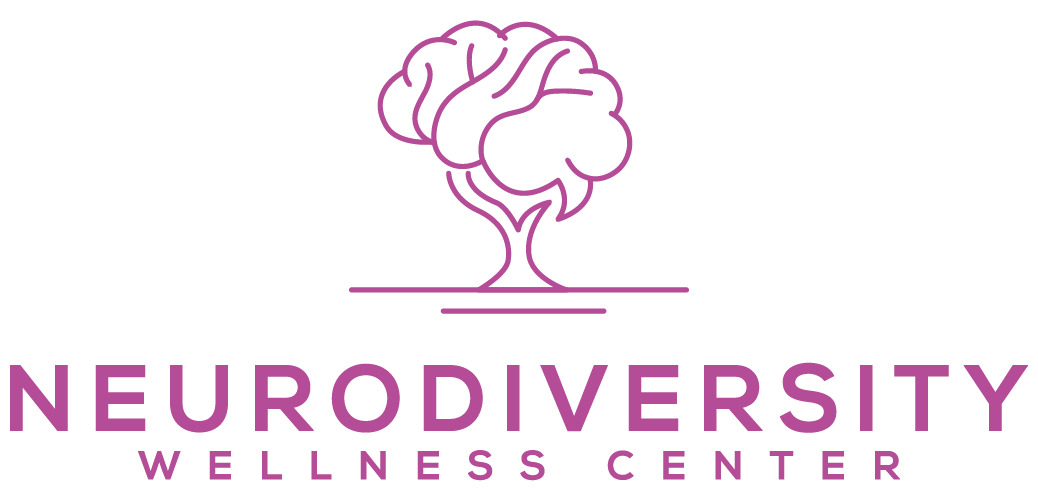Our groups are a place for discussion, community, and self-reflection and are run more as a process group. We also incorporate components of psychoeducation and an IFS framework, tailored to support the wellbeing of individuals with neurodivergent needs.
Group Discussions
Together with your group members, and facilitated by a licensed therapist, you’ll dive into a variety of autism-related topics. This can include preventing and recovering from neurodivergent burnout, unmasking, neuro-friendly self-care practices, relationship challenges and miscommunication, anxiety, executive functioning differences, workplace dynamics, and later life autism diagnosis. Your group facilitator will also offer education on these topics. By listening to your group members’ experiences, you’ll gain valuable insights into yourself. You’ll discover what works best for you and what supports you most effectively to grow and thrive.
The flexible nature of our groups allows for organic conversations and mutual support, creating a dynamic environment where group members can learn from each other, share experiences, and foster a sense of belonging.
Self-Reflection and Psychoeducation
You’ll engage in self-reflection exercises based on the IFS model (Internal Family Systems) to better understand yourself without judgment. At times in life, you might feel stressed, uncertain, or overwhelmed. Social situations can lead to overthinking, anxiety, and self-criticism. Through IFS exercises, you’ll gain insight into these different internal experiences and what you need to feel more balanced and less reactive.
In group, you will also learn self-advocacy and relationship skills through the IFS framework. You’ll learn more about what healthy relationships look like and feel like to you. You’ll have more understanding of how to set boundaries with others. You’ll gain more clarity and confidence in how to speak up for your needs. And you’ll get to do all this while being supported by your group members, who will be walking this path with you.
In our groups, you’ll learn to:
- Alleviate Stress and Overwhelm
- Address Your Sensory Needs to Reduce Overload
- Gain Inner Balance and Calm
- Gain Clarity on Your Emotions and Needs
- Embrace Your Authentic Self
- Be Present and Less Anxious in Social Settings
- Adapt to Life’s Changes with Greater Ease
- Advocate for Yourself with More Confidence
- Improve Your Relationships
This approach celebrates neurodiversity and affirms your unique experiences.




